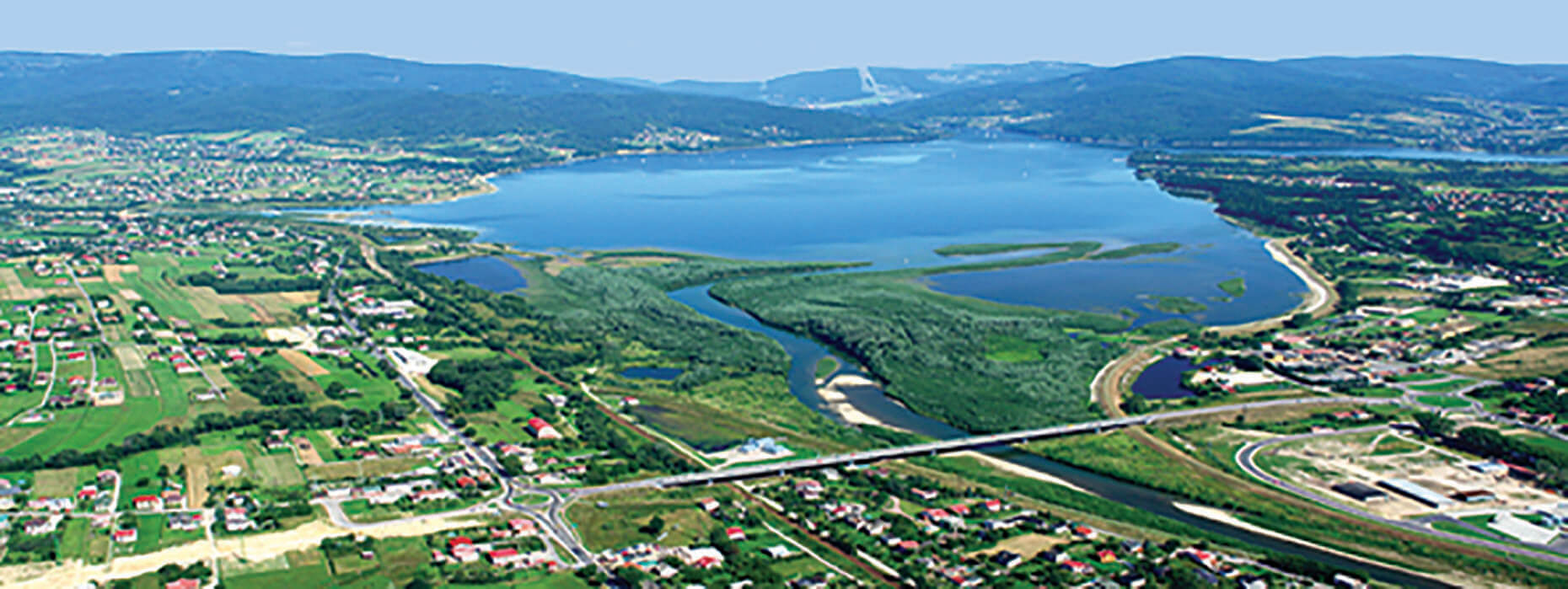Institutions at Work
The event offered an opportunity to take a closer look at the key players driving this transformation and how their efforts are contributing to a broader system. The Regional Development Agency in Bielsko-Biała (ARR S.A.) presented its Entrepreneurship Support Fund, which goes beyond traditional lending. The agency develops financial instruments designed to fill market gaps—for example, startup-friendly loans with partial write-offs and financing mechanisms tailored to social economy organisations. Through a consortium model, the agency extends its influence and capacity by collaborating on national-level projects.
The Startup Podbeskidzie Foundation highlighted findings from its annual regional startup report, noting that many local startups have become profitable. However, access to funding and team diversity remain common challenges. The Foundation’s data-driven approach plays a critical role in guiding policymakers and funders toward more effective support mechanisms. The Marshal Office of the Silesian Voivodeship offered a broader policy perspective. Their presentation underlined how cohesion policy and EU funding are being directed not only toward infrastructure but also toward supporting enterprise-level transitions—particularly in energy efficiency, circular economy models, and the adoption of green technologies.
The Silesian Startup Foundation introduced its MF2030 strategy, aimed at aligning startup development across municipalities and sectors. The strategy includes initiatives such as thematic support programmes, plans to attract foreign scaleups, and training to further professionalise startup founders. The Silesian Development Fund (ŚFR) provided insights into practical financing tools currently available to entrepreneurs. From innovation vouchers worth PLN 200,000 to larger-scale business development loans, the fund emphasised how targeted financial support can enable early-stage businesses to scale. ŚFR also shared plans to develop a digital platform to integrate services, funding access, and community support for startups.
Reflections from the Exchange
The discussions in Bielsko-Biała reinforced the idea that Silesia’s approach is based on adaptability, collaboration, and a clear strategic vision. The region is not following a fixed model, but rather building a system through cooperation between public and private actors, and by designing financial tools in consultation with end users.
Importantly, the region’s development efforts are not taking place in isolation. Through the FI4INN project, Silesia is actively exchanging knowledge and experience with international partners. This interaction provides valuable external feedback and allows other regions to learn from Silesia’s approach. As the FI4INN project continues with pilot actions and peer learning, Silesia’s experience offers useful insights for other territories working to strengthen their own innovation ecosystems
